Lara calls for expansive and inclusive approach to Windies cricket future
“I believe this was a moment that called for a more expansive and inclusive approach. We must recognise that the challenges confronting West Indies cricket extend far beyond inconsistent performances on the field,” said West Indies batting legend Brian Lara, who was part of the two-day emergency meeting called by Cricket West Indies (CWI) president Dr Kishore Shallow.
The meeting, which took place on Monday at the Hyatt Regency Hotel on Wrightson Road, Port-of-Spain, aimed at addressing critical challenges facing West Indies cricket and formulating immediate structural reforms of the top sport in the region with contributions from members of the Cricket Strategy & Officiating Committee along with former West Indies players Dr Desmond Haynes, Shivnarine Chanderpaul and Ian Bradshaw, and special invitees Sir Clive Lloyd, Sir Vivian Richards and Lara.
In a press release on Friday, Lara, who holds the world-batting record of 400 runs in Test cricket, said, “It was an honour to be called upon to contribute to the future of West Indies cricket, particularly at a time as pivotal as this. I do not take lightly the responsibility of offering whatever insight or assistance I can. The opportunity to serve is something I embrace wholeheartedly, and I remain committed to the cause.”
He continued, “That said, I believe this was a moment that called for a more expansive and inclusive approach.
We must recognise that the challenges confronting West Indies cricket extend far beyond inconsistent performances on the field. They are deeply rooted in cultural, psychological, and structural shifts that have evolved over the past two decades. If we are truly committed to reversing this decline, then we must be prepared to draw from a wider pool of lived experience and contemporary insight.
n particular, I believe former players such as Chris Gayle, Dwayne Bravo and Kieron Pollard possess a unique and timely perspective that can prove invaluable.
These men have not only played at the highest level but have done so in an era that reflects the modern athlete’s psyche, ambitions, and motivations. Their proximity to today’s players — in terms of generational alignment and shared dressing rooms — gives them an authentic understanding of what drives, distracts, or disillusions the modern West Indian cricketer.”
He added, “I am sure this wasn’t intended to be merely a conversation about tactics or selection. It is about understanding mindset — how today’s players think, what they value, and what truly motivates them. From all appearances, it is this very motivation that seems to be lacking most.
We must explore that deficit not with judgement, but with clarity and empathy. Chris, Dwayne, Kieron and others like Sunil Narine and Andre Russell, through their own journeys across global franchise circuits and in service to West Indies cricket, are exceptionally well-positioned to offer that clarity.”
The release concluded, “If we are to build a lasting solution—one that reconnects performance with purpose—we must engage all those who carry relevant insight.
This is a moment for collective wisdom, not isolated intervention. The deeper the bench of experience we draw from, the more equipped we will be to tackle the structural and psychological challenges that continue to plague the regional game. The time to act is now, but we must act together.”
West Indies head coach Daren Sammy, white-ball and Test captains Shai Hope and Roston Chase, respectively, along with Dehring and Director of Cricket Miles Bascombe were also present.
Following the meeting, Cricket West Indies’ (CWI) chief executive officer, Chris Dehring, revealed that while “around 100” issues had been identified as the reasons behind the decline in West Indies cricket, insufficient facilities, skill deficiencies in players and the quality of domestic competitions were among some of the main causes.
-
Still No Comments Posted.






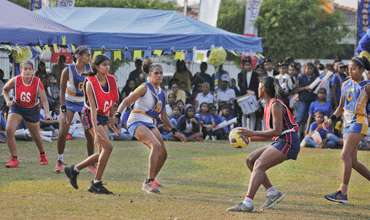
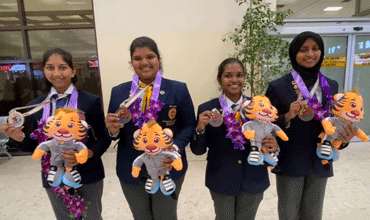
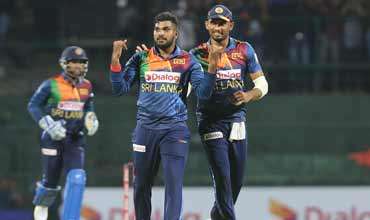

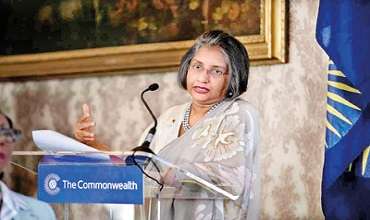
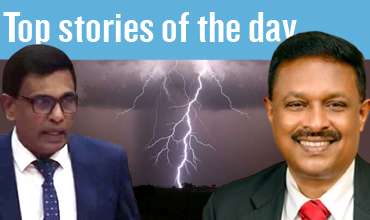

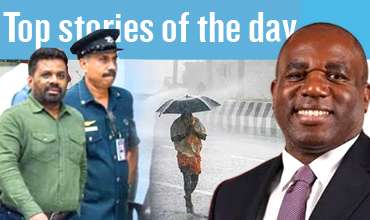


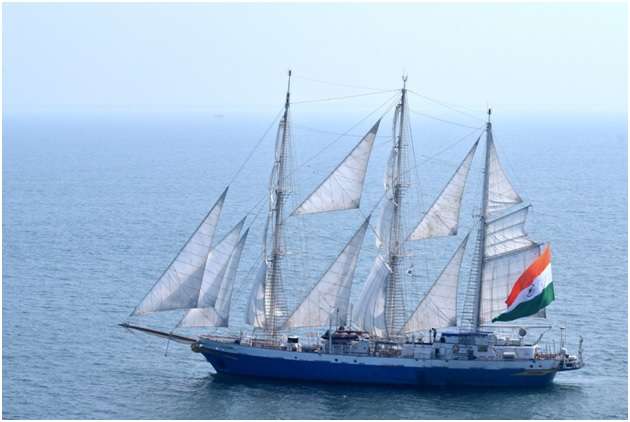
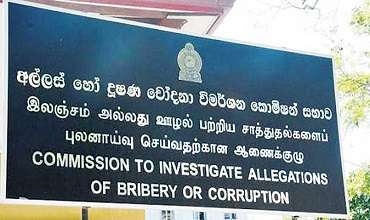
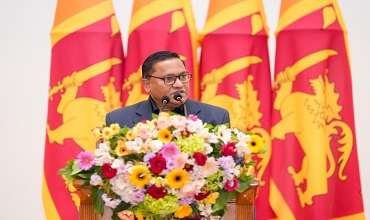
Leave Comments